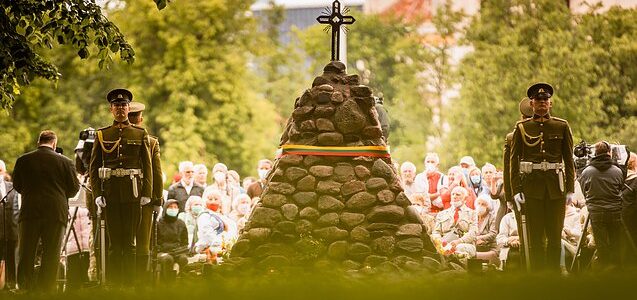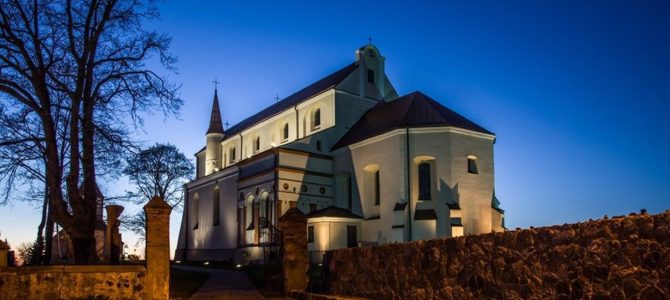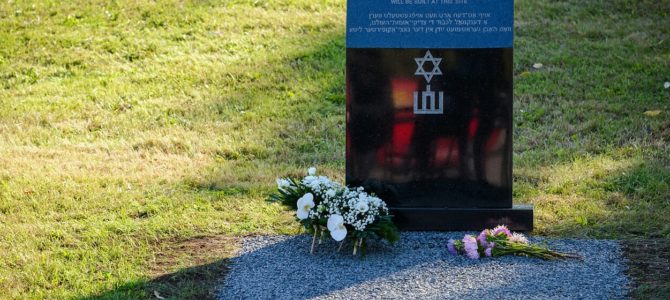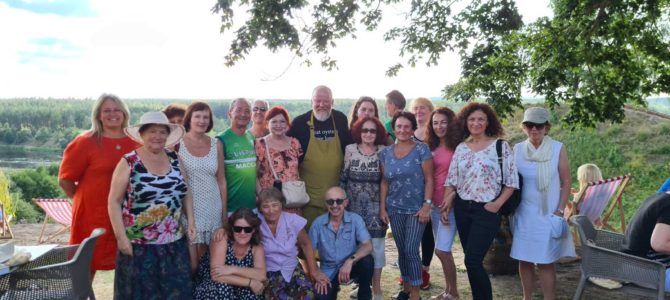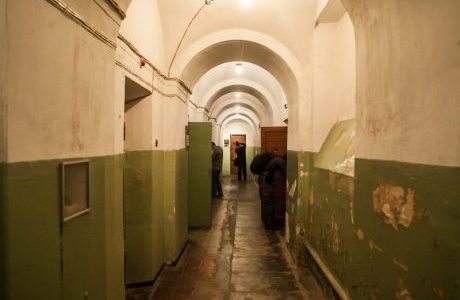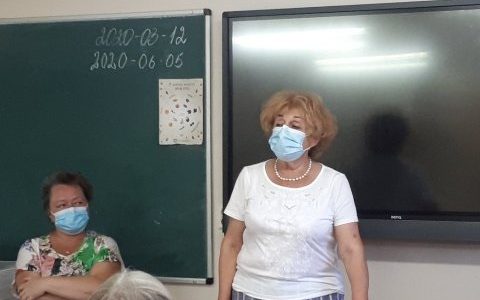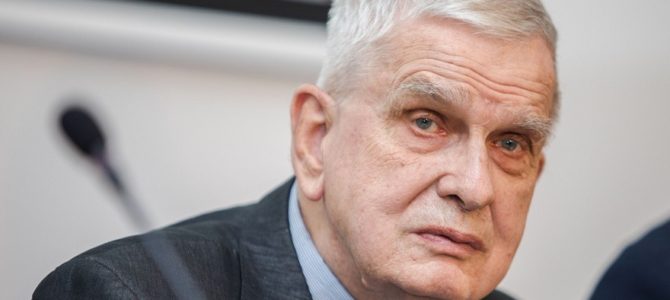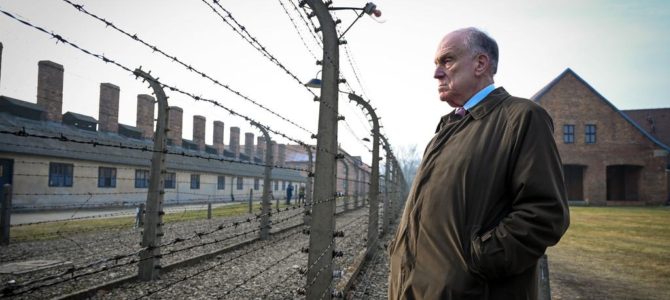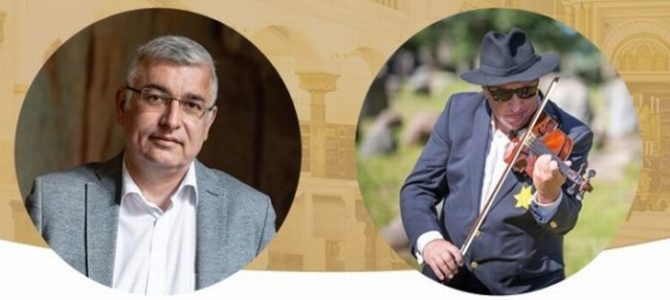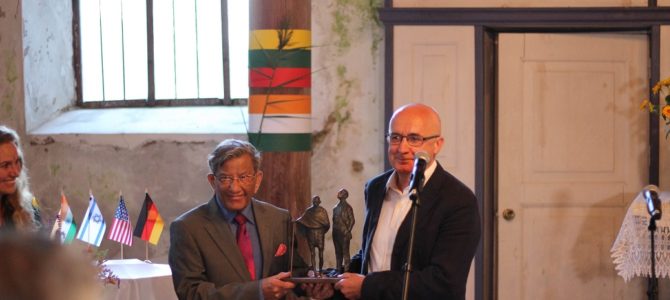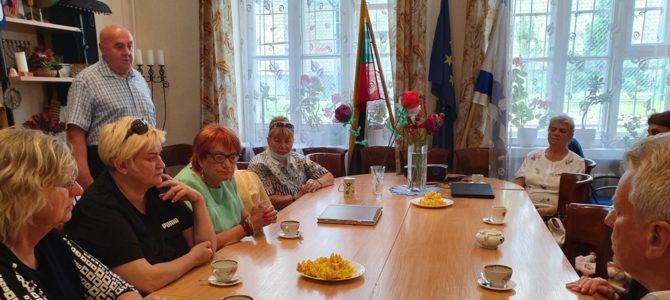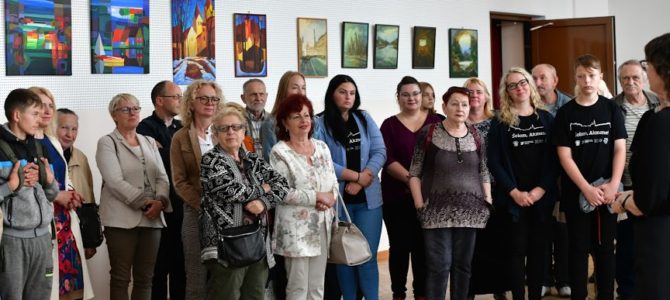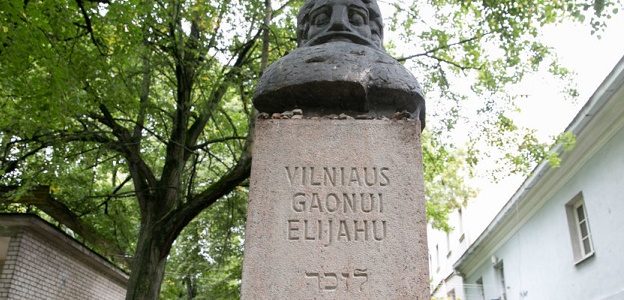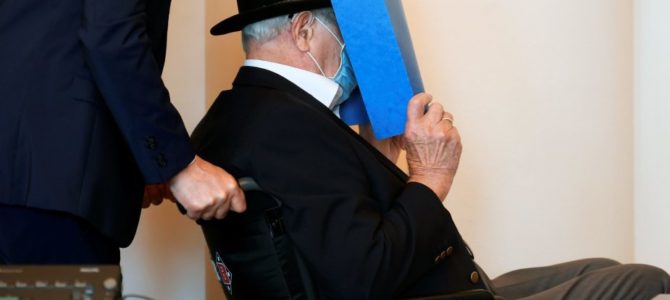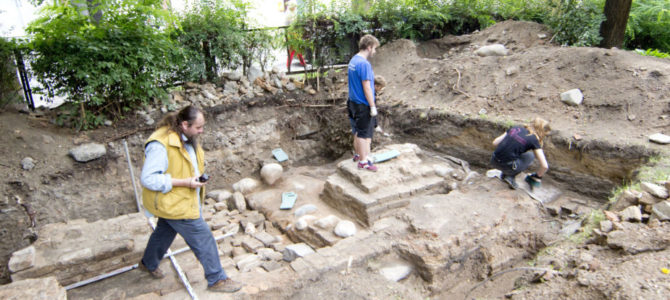
Photo: honoring victims of Soviet-era occupation, genocide and repression. Photo courtesy J. Stacevičius/LRT.
by Modesta Gaučaitė, LRT.lt
The Lithuanian Jewish Community and historians are raising questions about Vidmantas Valiušaitis’s new appointment as an advisor at the Center for the Study of the Resistance and Genocide of Residents of Lithuania [Genocide Center]. Valiušaitis says he won’t try to vindicate himself because he says his work speaks for itself.
New Genocide Center director Adas Jakubauskas took over two months ago and began assembling his team. Besides a deputy director, Jakubauskas also appointed two advisors, one them being Vidmantas Valiušaitis, a long-time journalist, publicist, author of books, for several years the director of the Laisvoji Banga radio station and who in 2017 began working as a methodologist and researcher at the Documentary Heritage Research Department of the Lithuanian National Martynas Mažvydas Library.
His new appointment has caused dissatisfaction on the part of the Lithuanian Jewish Community and has raised questions for historians.


